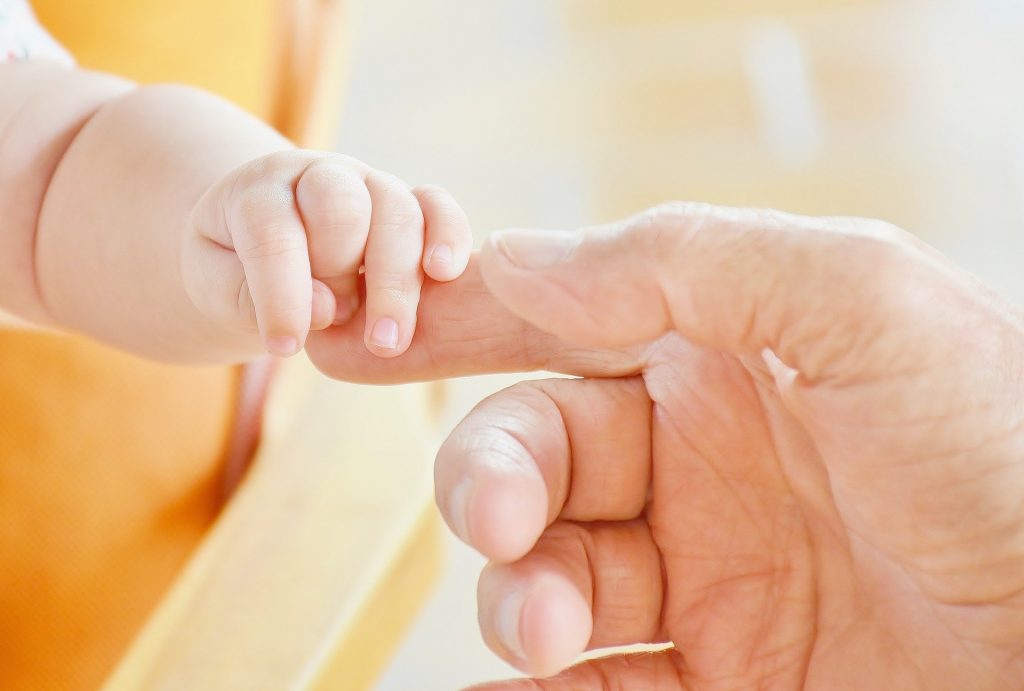Attachment and social competence in the transition from abandonment to child protection.

Reference: SEJ2006-12216
Principal Investigator (PI): Jesús Palacios González
Abstract:
Attachment and social competence in the transition from abandonment to child protection stemmed from an ambitious Project to study issues that research had hardly addressed until then. These issues included relationships, attachment and social competence in the continuum of situations arising from separation from family once protective measures are implemented, including admission to a foster care center and arrival in an adoptive family. Thus, forty (40) international adoptees and fifty (50) children in foster care were studied and compared with a comparison group of fifty-eight (58) who had never been involved in the protection system. Likewise, the mothers, fathers or caregivers of these children were assessed, in addition to interactions between adults and children, with information also being collected from teachers.
The initial phase of this project was to prepare the evaluation instruments, following by training in the application and coding of innovative methodologies received thanks to the collaboration of outstanding international research teams working on these topics. Training took us to Lisbon, New Orleans, New York, Cambridge and London. One of the most innovative contributions of this project was the adaptation into Spanish and use of several of these assessment instruments for the first time within this context. At the same time, contacts with the participating families and foster care centers were initiated. The location of the adoptive families was possible thanks to two (2) international collaborating adoption organizations working in Seville to adopt children from the Russian Federation (ADECOP and Creixer Junts). The assessment of children in residential centers were carried out thanks to the collaboration of the Junta de Andalucía (Andalusian Regional Government). Lastly, the comparison group families were located through ten (10) randomly selected schools in the province of Seville (Spain). Data collection began in 2007 to conclude in 2008 with two (2) visits to the family homes or residences and one (1) to the school. Various aspects of child development were evaluated, including representations, behaviors and disorders of attachment, social competence, sociometric status and behavioral problems, linguistic, cognitive and emotional development, self-esteem and physical development. In terms of the adults (mothers and fathers), we examined contents such as mental representations of attachment, parental stress, educational styles or sensitivity. Finally, the teachers provided information regarding social competence and academic performance of these children.
The findings of our study indicate that on average, and after three years in the adoptive families, adopted children showed significant differences with respect to children in residential care when it came to physical and psychosocial levels, thus placing them closer to the results of the comparison group. Nevertheless, our data support the hypothesis of the existence of an asynchrony in the recovery processes after adoption, with a different recovery for some levels and others. On the other hand, in keeping with the commitment between the research team and the families or residential centers participating in this study, once the data collection was completed, reports were drafted with the most relevant results obtained from the evaluation of each child; said reports were sent to their respective families (in the case of the adoptive and control groups) or residential centers. Similarly, in the second phase of the project, the team also offered training for the professionals working in the child protection system. The results of this project were shared in scientific publications in journals and books, and through participation at national and international conferences.
Type: Research Project
Program funded by: National plan
Funding source: Ministry of Education and Science
Scope: National
Competitive Summons: Yes
Start Date: 01/10/2006
End Date: 30/03/2010